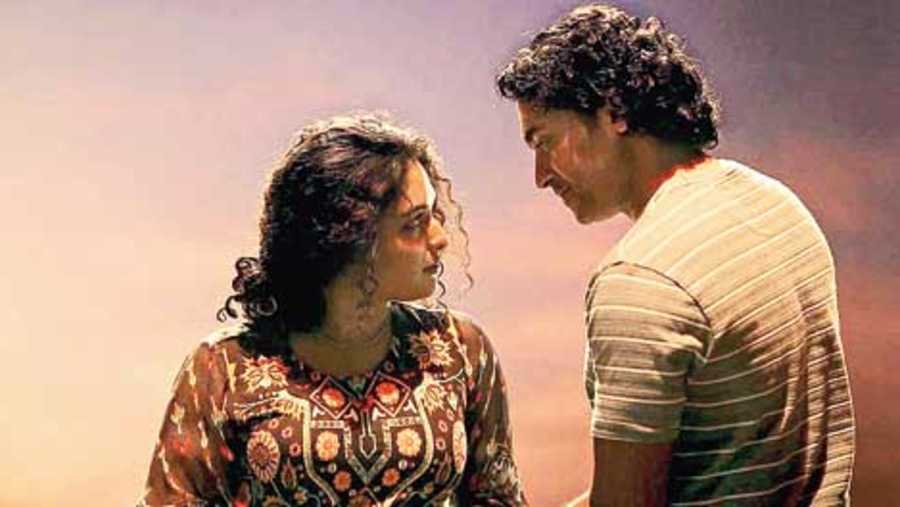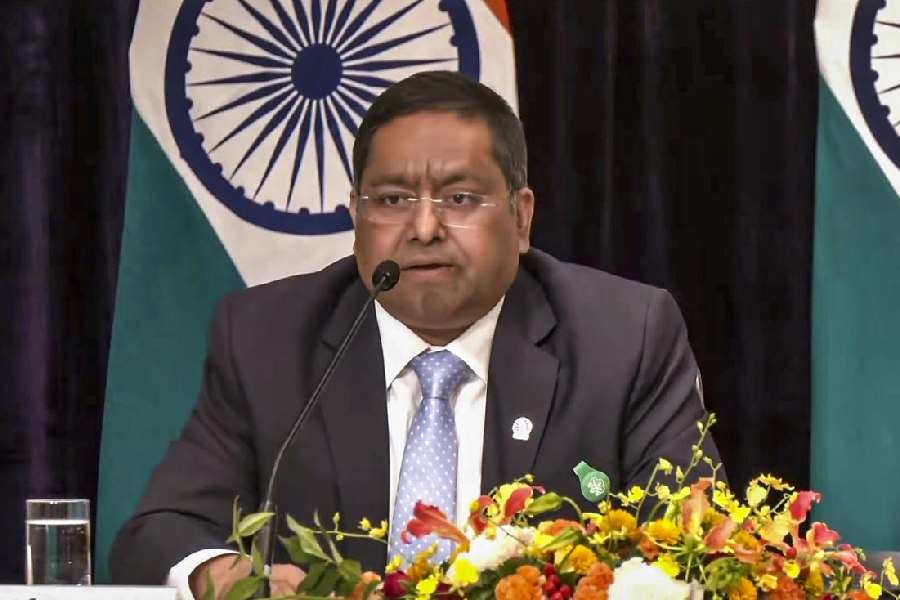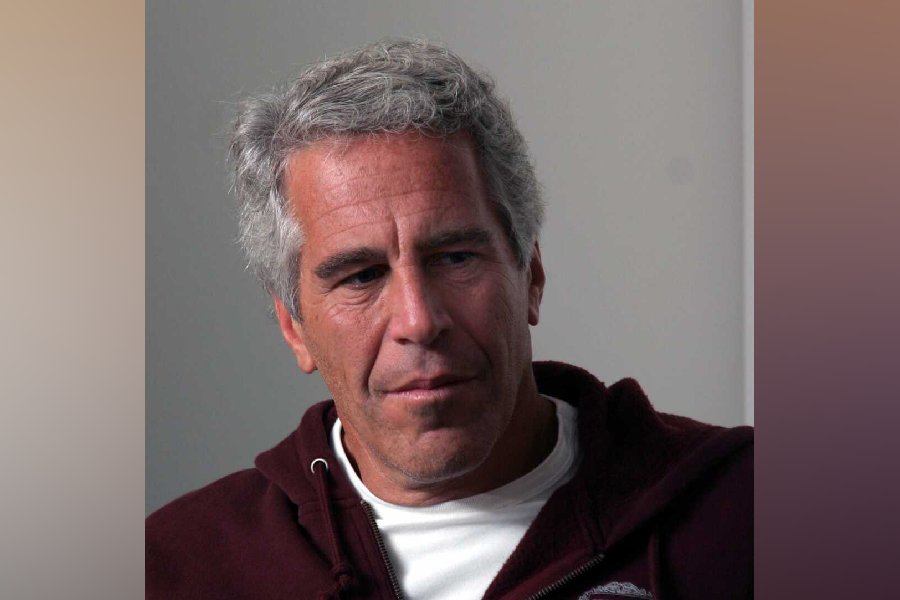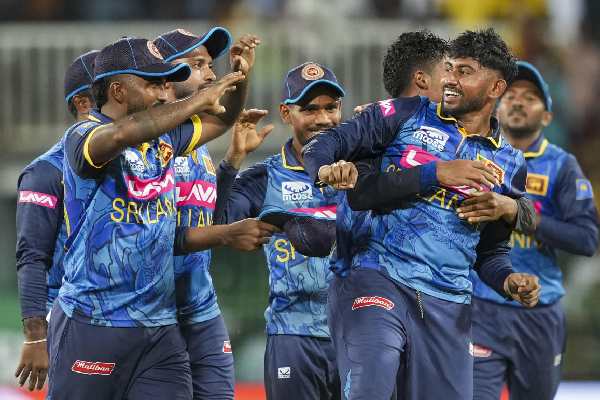Even as there is a growing murmur about why the anthology format needs to be given a dignified burial in the Indian entertainment scape, Netflix has gone ahead and released what can only be described as the format at its peak. Navarasa is a five-hour, nine-film opus based on the nine human emotions or rasas, boasting some of the biggest names — creators, writers, actors, technicians, you name it — in Tamil cinema.
The brainchild of Mani Ratnam and Jayendra Panchapakesan, with the former also contributing to one story and one screenplay among the nine films, Navarasa represents the primal emotions of fear, disgust, anger, romance, peace and the like, with its creation, itself, owing its roots to compassion — the anthology came about to lend support to the daily wage workers of the Tamil film industry, affected as it is by the pandemic. None of those who worked on the film walked away with any kind of remuneration. You, the viewer, however, are bound to walk away from Navarasa with quite a bit of disappointment.
Despite having its heart in the right place and showing occasional flashes of brilliance, Navarasa doesn’t have the depth or density to engage the audience consistently. At least two films work in entirety, a few start off promisingly before petering out and the rest are just a blur. Which is a shame because after this, one will perhaps not have an opportunity to see so many industry talents, across the board, come together for one passion project.
The first off the block is Bejoy Nambiar, who perhaps has the best cast to play around with. After all, does it get any better than Revathi, Vijay Sethupathi and Prakash Raj in the same frame? Well, Endhiri, in fact, starts off with a horizontally split screen opening, promising Bejoy’s trademark technical finesse as well as some compelling performances. But the story — based on karuna aka compassion — is too uni-dimensional, and in the end, too verbose, to make an impact. If there is one reason for you to watch it, it’s a stellar Revathi.
Priyadarshan plays to his strengths in Summer of ’92, based on the rasa of hasya or laughter. Yogi Babu plays a version of himself, but despite some interesting layering, the film relies too much on low-brow humour (including body shaming and casteist slurs), leaving a bitter taste in the mouth.
One of the most intriguing stories in Navarasa is Project Agni. Starring Arvind Swami and Prasanna, this Karthick Naren directorial doffs its hat to everyone from Christopher Nolan to Stanley Kubrick, delves deep into Indian mythology by naming its principal players Vishnu and Krishna and throws around lines like “the entire universe is a computer simulation controlled by an alien race” and asserts that the concept of free will is a joke. Alternate realities, the postulation of Drift, the notion of doomsday... everything occupies significant space in Project Agni, which aspires to be mind-bending, but the twist in the tail, though fascinating, doesn’t really spring a surprise.
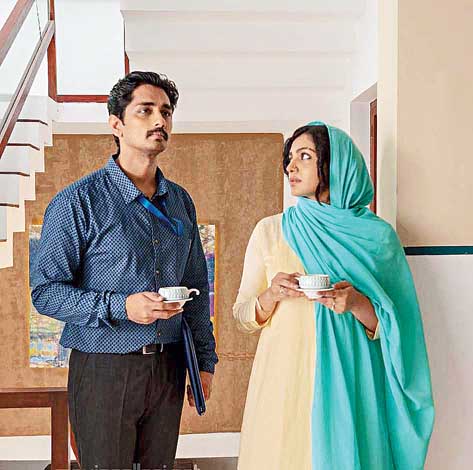
Actor Siddharth and Parvathy Sourced by the correspondent
Arvind Swami, in fact, does better as a director in Roudhram, that exemplifies anger. The story of a young have-not hammering a rich man to death is basic, but Swami skilfully examines how anger is handed down through generations, resulting in a story that resonates. He’s aided by Santosh Sivan’s compelling frames of Chennai.
Payasam, that is built around disgust, is another winner, particularly because of a cracker of an act from Delhi Ganesh, while Karthik Subbaraj somewhat redeems himself after Jagame Thandhiram with Peace, the shortest film in the anthology, which looks at the human cost of strife.
Inmai, that talks about fear, is the one that hooked me the most, and not just because it stars two favourites — Siddharth and Parvathy. Taking place in a Moroccan-styled home in Pondicherry, the two meet as strangers one afternoon, go on to discuss Islamic art and calligraphy, with the film ending on a note that catches one by surprise. Inmai, that plays around with the concept of djinns and karma, could have done with a bit more layering, but benefits hugely from Vishal Bhardwaj’s background score.
Speaking of music, the ‘biggest’ film in the anthology is saved for the last, and is built wholly around songs, touching upon the rasa of shringara. And who better than Gautham Vasudev Menon, the man at the helm of seminal love stories like Minnale and Vinnaithaandi Varuvaayaa to lead us into the heady world of music man Kamal (Suriya) who predominantly uses his songs as a narrative to recount his brief love story with a rookie singer. Nethra (Prayaga Rose Martin) walks into Kamal’s studio one day, and in his words, he falls for her ‘hook, line and sinker’.
Guitar Kambi Mele Nindru is more talkie than is necessary — though that’s a stock Menon trope — and what we have in the end is a bittersweet romance that resonates, but one which ends even before it begins. Much like Navarasa.
Navarasa
Director: Arvind Swami, Bejoy Nambiar, Gautham Vasudev Menon, Karthick Naren, Karthik Subbaraj, Priyadarshan, Rathindran Prasad, Sarjun, Vasanth Sai
Cast: Suriya, Arvind Swami, Vijay Sethupathi, Revathi, Prakash Raj, Yogi Babu, Delhi Ganesh, Siddharth, Parvathy, Sree Raam, Atharvaa, Gautham, Vasudev Menon, Prasanna, Prayaga Rose Martin
Running time: 300 minutes

